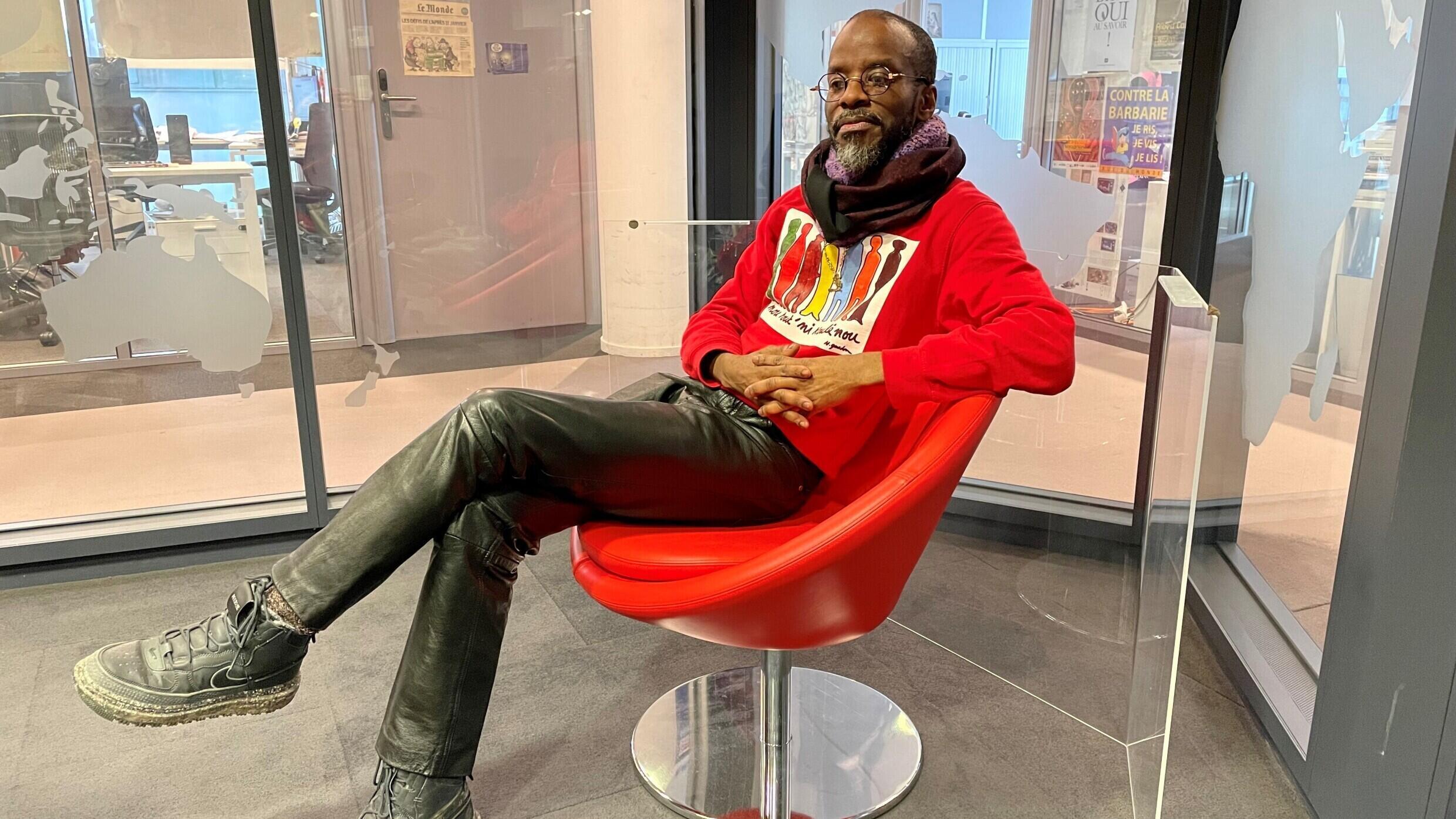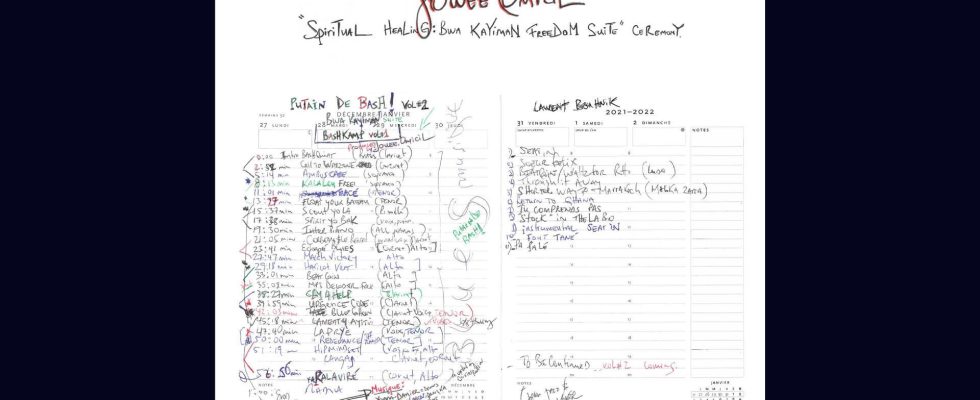Free jazz was certainly the most daring form of political expression in the 20th century. He defied time, geographical limits and played with artistic codes to better sublimate them. Montreal saxophonist Jowee Omicil felt this call for creative freedom during the confinement of 2020. His Haitian roots then guided his bubbling intellect and inspired an ambitious work: Revitalizing the spirit of the revolutionaries of Bwa Cayiman who, in 1791, decided to resist slavery. This founding act today nourishes the inspiration of a rebellious heir.
Jowee Omicil has always had within him this visceral desire to be a free man and a rebellious instrumentalist. He is, of course, not the first to have defended a form of artistic rebelliousness. Max Roach, before him, had imposed his vision of engaged jazz by publishing, in 1960, an album that became legendary, We insist, freedom now continued carried by the uncompromising voice of his wife, the singer Abbey Lincoln. The saxophonist Ornette Coleman was also a troublemaker capable of shaking up the codes of original swing. It is ultimately logical that Jowee Omicil, nourished by the teachings of his elders, perpetuates this formidable way of questioning history and his contemporaries. Curiously, while the cultural source of their expressiveness is not the same, we like to detect this defiance of the conventional in their respective works. How can we not hear, for example, the echo of John Coltrane performing “Alabama” in the Lament 4 Ayiti by Jowee Omicil?
The long discographic improvisation that our multi-instrumentalist presents to us today is the fruit of a mature introspection which suddenly springs forth with force and exaltation. Spiritual Healing: Bwa Kayiman Freedom Suite is not immediately accessible if the context is not told, studied, marked out. You have to delve into the history of Haiti’s slow independence to understand the virtuoso’s intention. Who were these African slaves ready to rise up, on August 14, 1791, on the land of a rich white owner in the commune of Morne-Rouge in Haiti. How did they defy the ban? What consequences did this bravery have in the 19th century? Everything is said in the 21 musical scenes that Jowee Omicil draws throughout his interpretation.

However, he needed to surround himself with committed and inventive companions to magnify this audacious sonic fresco. Randy Kerber and Jonathan Jurion (keyboards), Arnaud Dolmen and Yoann Danier (percussion), Jendah Manga (bass) freed themselves in the studio and embraced the brilliance of the conductor. This incantatory sequence is a major challenge that narrow ears will not be able to comprehend. We must accept this musical proposal with a spirit of openness and a lot of consideration because summoning one’s ancestors is a perilous but often saving exercise.
⇒ The site of Jowee Omicil.
